Quake Champions: A Modern Revival of a Classic Arena Shooter
The arena shooter genre, a staple in the gaming world for decades, has seen numerous iterations, but few hold the legendary status of the Quake series. As the successor to the Quake legacy, "Quake Champions" seeks to reinvigorate the franchise with modern twists while retaining its classic high-paced combat and nostalgia-inducing mechanics.
The Legacy of Quake
To appreciate "Quake Champions," it's essential to understand the foundation it builds upon. The original Quake, released in 1996, revolutionized the gaming industry with its fast-paced multiplayer, 3D graphics engine, and groundbreaking network code. It set the standard for what an arena shooter could be, fostering a generation of competitive gamers and laying the groundwork for future esports tournaments.
Each iteration of Quake introduced innovations that pushed the boundaries of what multiplayer games could achieve. The series became synonymous with skill-based gameplay, featuring mechanics like rocket jumping, strafe jumping, and precise aiming. These games demanded dedication, practice, and an understanding of intricate maps—a combination that defined and shaped competitive first-person shooters for years.
Introducing Quake Champions
Released in 2017 by id Software and published by Bethesda Softworks, "Quake Champions" aims to blend the adrenaline-pumping action of classic Quake with the strategic depth found in modern shooters. Positioned as a free-to-play title, it offers players a selection of Champions, each equipped with unique abilities and skills.
This introduction of unique character abilities was a deliberate shift away from the traditional Quake formula. While retaining the core elements of movement and combat that made Quake iconic, "Quake Champions" adds layers of strategy and teamwork, akin to contemporary hero-based shooters like Overwatch or Apex Legends. This mix seeks to attract both veteran Quake players and a new generation of gamers accustomed to character diversity in multiplayer games.
Game Mechanics and Features
The heart of "Quake Champions" lies in its gameplay mechanics, deeply rooted in the fast-paced, skill-centric gameplay that made its predecessors famous. Players find themselves navigating intricate maze-like maps, where both horizontal and vertical movement play crucial roles. Movement is more than just getting from point A to B; mastering techniques such as bunny hopping and rocket jumping can alter the tide of battle.
Weapons in "Quake Champions" are a nod to the past, with classic gun types like rocket launchers, railguns, and lightning guns making a return. Each weapon requires a unique skill set and strategy to wield effectively, adding layers of depth to every encounter. The familiar ping of a rail hit or the splash damage from a perfectly timed rocket reminds players of the series’ legacy.
One of the most defining features is the introduction of Champions, each with a distinct active ability and passive trait. Players can choose between using Scalebearer's Bull Rush to charge enemies or clutch situations with Nyx's Ghost Walk to evade attacks. This diversity in gameplay styles enhances team dynamics and individual play, encouraging players to experiment and find their preferred Champion.
The Esports Scene
"Quake Champions" has made significant strides in revitalizing Quake's presence in the competitive esports landscape. Its tournaments have provided arenas for both veterans and newcomers of the community to showcase their skills. High-profile events, including the Quake World Championships, have garnered considerable attention, awarding substantial prizes and offering a stage for intense competition.
The esports aspect of Quake bridges the series' legacy with the dynamics of modern competitive gaming. Matches are often characterized by their high velocity, precision, and strategic depth, capturing audiences who appreciate the synergy of skill and tactics. Like its predecessors, "Quake Champions" maintains an uncompromising challenge, serving as a testament to the franchise's enduring legacy in the world of competitive gaming.
Conclusion
"Quake Champions" not only embodies the spirit of its predecessors but also embraces change to meet the expectations of contemporary gamers. By retaining the essence of the classic Quake experience and introducing modern gameplay mechanics, it stands as a dynamic entry in the arena shooter genre. With its legacy firmly rooted in competitive tradition and innovation guiding its path forward, "Quake Champions" continues to capture the hearts and dexterous fingers of players worldwide. Stay tuned as we delve deeper into the community and future prospects in the next section of this article.
Community and Modding
One of the most remarkable aspects of the Quake series has always been its community-driven culture. From the earliest days, players have been creating mods, maps, and other custom content that has enriched the Quake experience. "Quake Champions" is no different in fostering a vibrant community, eager to innovate and engage with the game beyond the standard offerings.
The community forums and social media platforms teem with discussions, fan-created content, and strategy guides. Players come together to debate strategies, share clips of their best in-game moments, and offer feedback to developers. This interaction between the developers and the player base has been crucial in tweaking game balance, addressing bugs, and enhancing the overall player experience.
Although "Quake Champions" does not support modding in the traditional sense due to its more controlled and secure environment as a free-to-play game, it makes up for this with regular content updates. New Champions, maps, and events keep the game fresh, allowing players to continually explore new strategies and dynamics. Developers remain committed to involving the community in playtesting new features, underscoring a cooperative effort in shaping the game's future.
Strategies and Tips for New Players
For newcomers to "Quake Champions," the learning curve can seem daunting, especially when competing in a community filled with seasoned veterans. However, several strategies can help beginners find their footing and become more competitive.
First and foremost is mastering movement. "Quake Champions," like its predecessors, emphasizes rapid and precise movement as a key component of gameplay. New players should devote time to learning techniques such as strafe jumping, which increases speed and makes them harder to hit, or rocket jumping for navigating to higher ground quickly. These movement mechanics are integral to survival and success in matches.
Choosing the right Champion according to one’s playstyle is another critical strategy. Players should experiment with different Champions to understand their unique abilities and how they fit into their overall strategy. For example, those who prefer an aggressive playstyle might gravitate towards Scalebearer, whose abilities allow for powerful engagements. Meanwhile, those leaning towards evasion and utility might find comfort in using Anarki or Nyx.
Map knowledge cannot be underestimated. Familiarity with map layouts, item spawn locations, and optimal combat zones will provide a tactical advantage. New players should spend time learning maps in less intense modes, like casual or practice rounds, to build their understanding and anticipate enemy movements effectively.
Finally, communication and teamwork play pivotal roles in "Quake Champions." Whether coordinating with teammates in team-based modes or analyzing opponent strategies, effective communication can shift the momentum of a match. Using voice chat or in-game communication tools to strategize and adapt on the fly can drastically improve a team's performance.
The Future of Quake Champions
With an eye towards the future, "Quake Champions" plans to continuously evolve, ensuring the game remains relevant and exciting for its community. The developers have outlined their commitment to provide ongoing support, citing potential updates that include new content and refined mechanics. This active development approach demonstrates their pledge to maintaining interest and addressing the community’s expectations.
Esports will continue to be a focal point, further integrating "Quake Champions" into global competitive gaming circuits. This integration is likely to entail more frequent tournaments, possibility hosted on more accessible online platforms, broadening participation and viewership. There is also potential for collaboration with other platforms and esport organizations, which could unlock new opportunities for players and audiences alike.
Beyond gameplay and competitive scenes, expanding the narrative of "Quake Champions" also poses intriguing possibilities. Deeper lore surrounding the Champions, intertwined with potential campaigns or single-player experiences, could enrich the game’s universe, sparking further engagement among players who enjoy story-driven content.
A Look at Competitive Balance
Balancing a game with varying character abilities in a skill-intensive arena setting is no small feat. With the combination of different Champions and traditional Quake elements, maintaining fairness while preserving unique abilities has posed interesting challenges for developers.
Regular quality updates and balance patches reflect the developers' nimbleness and their commitment to creating a competitive environment that feels fair for all players. These updates often draw from community feedback and performance analytics to ensure that no single Champion or strategy overshadows the diverse possibilities within the game.
The balancing act involves not just adjusting abilities or weapon dynamics but also fine-tuning map layouts and spawn systems to create a level playing field. For example, tweaks to health, armor, and weapon pickup timings have been used to refine gameplay, ensuring high-energy encounters and rewarding strategic planning.
As "Quake Champions" continues to mature, these iterative adjustments remain crucial in maintaining the integrity of its competitive nature, ensuring that both newcomers and experienced players can appreciate fair and balanced gameplay.
With these aspects in mind, "Quake Champions" stands as a testament to the enduring appeal of the arena shooter genre. Its blend of timeless mechanics and new-age innovations points towards a vibrant future, sustained by a passionate community and thoughtful development. Stay tuned for the final segment as we explore the broader impact of the Quake series and reflections on its legacy.
The Broader Impact of the Quake Series
The significance of the Quake series, including "Quake Champions," extends beyond just the realm of gaming. Over the years, Quake has influenced multiple facets of culture and technology, leaving a legacy that continues to be felt across various spheres.
Technologically, the original Quake was a pioneer. It introduced the gaming community to a fully 3D rendered environment at a time when such technology was nascent. Innovations in network code brought forth the possibility of large-scale multiplayer gaming over the internet, setting precedents that other games would follow. These developments helped catalyze the evolution of internet gaming into the global industry it is today, making Quake a foundational pillar in the architecture of online play.
Moreover, Quake's impact on the esports scene is monumental. Often regarded as one of the first games to foster a competitive online community, Quake laid the groundwork for esports’ explosive growth. The professional careers it enabled and the tournaments it inspired were pioneering, paving the way for the billion-dollar esports industry we see today. Icons of early Quake tournaments like QuakeCon have become cultural institutions, celebrated annually by fans and competitors from around the world.
Reflections on Quake's Legacy
The legacy of Quake is rich and multifaceted, affecting players, developers, and technology alike. It has been both a mirror and a mold for the gaming community, reflecting the desires and trends of its time while also shaping future expectations and standards.
For many developers, Quake was a proving ground for talent and innovation. The series nurtured skills and creativity, offering a platform where modders became industry professionals. Numerous game designers who got their start modding Quake and its sequels have gone on to create their own successful games, citing Quake as an inspiration.
From a player's perspective, the Quake series represents a bygone era of gaming excellence that involved pure skill, practice, and a mastery of the fundamentals. The community memories and friendships formed during endless LAN parties or intense online matches linger fondly in many players' minds. Despite the advance in graphics and gameplay complexity over the years, the Quake fans cherish the series for its reliability in delivering unadulterated, adrenaline-fueled fun.
The phrase "Quake-like" has entered gaming parlance as synonymous with speed, precision, and challenge, qualities that many fondly remember as defining an era of gaming. For fans and new players experiencing "Quake Champions," these qualities continue to hold relevance, proving that cutting-edge technology and visual fidelity can coexist with the pure gameplay that was first realized decades ago.
The Road Ahead
As "Quake Champions" forges forward, one can't help but speculate about the future trajectories the Quake series might take. Advances in virtual reality, augmented reality, and cloud gaming offer tantalizing possibilities that might one day redefine how arena shooters are experienced. Imagine the frenetic pace and bombastic action of Quake in an immersive VR setting—lightning guns and rockets blasting past in near tactile fidelity.
The narrative depth also presents future opportunities, where intertwining stories of the Champions could be expanded, possibly branching into intricate single-player campaigns. Such developments would offer players additional content beyond the competitive framework and enrich the lore behind the characters they use.
From a technological standpoint, the series is well-positioned to continue pushing boundaries, as it historically has. Embracing new technologies can further parallel Quake's history as a platform on which the boundaries of gaming have consistently been expanded.
However, as we look towards the horizon, the heart of Quake will always be the community that it sustains. The fans, whether they wield controllers or keyboards, remain at its core. It is their passion, their feedback, and their unyielding love for the gameplay that will guide the continued evolution of Quake.
Conclusion
Ultimately, "Quake Champions" and the Quake series it belongs to celebrate and preserve the legacy of arena shooters. As it bridges generations—honoring the genre’s storied past and embracing the potential of its future—the game provides thrilling experiences for players old and new.
The journey of Quake, from its groundbreaking beginnings to its present state, has been a tapestry of innovation, community, and competitive spirit. By continually adapting while maintaining an essence of what made it special, the Quake series stands as a testament to the lasting appeal and potential of gaming to transcend time, influencing realms beyond pure entertainment.
"Quake Champions" is not just a game; it’s the embodiment of a storied legacy, continuously inviting players to engage, compete, and immerse themselves in the exhilarating chaos that is a Quake match. With its legacy firmly intertwined in gaming history, the series looks forward, ready to inspire a new generation of gamers and creators who will carry the torch of its explosive, passionate spirit into the future.


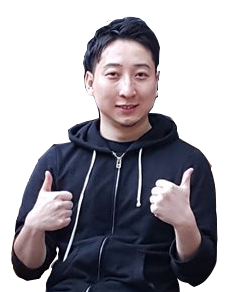

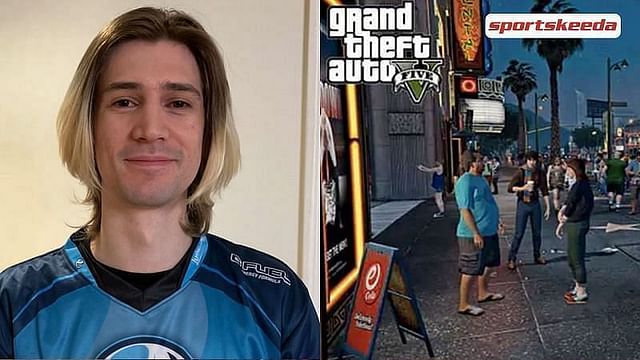
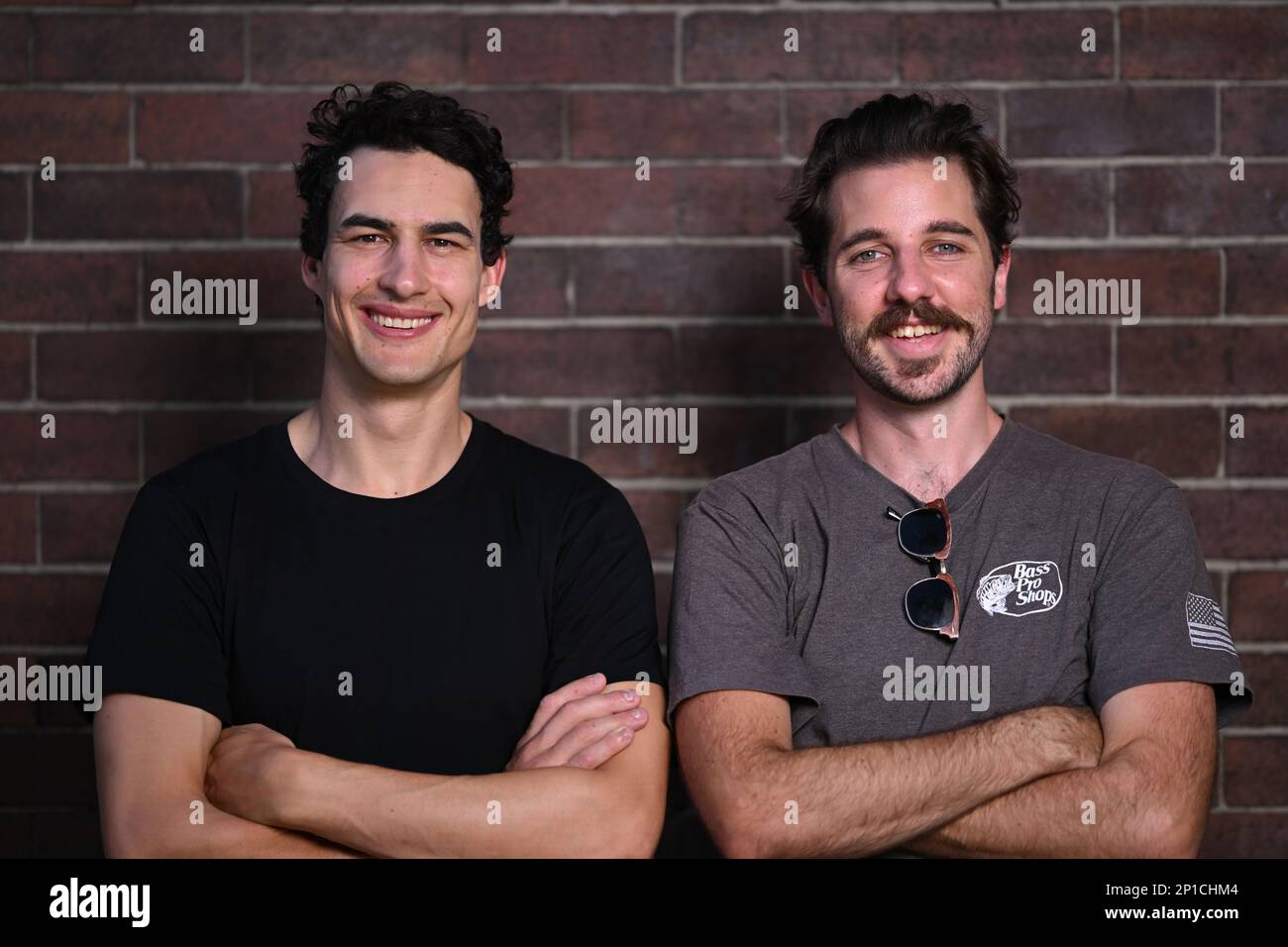
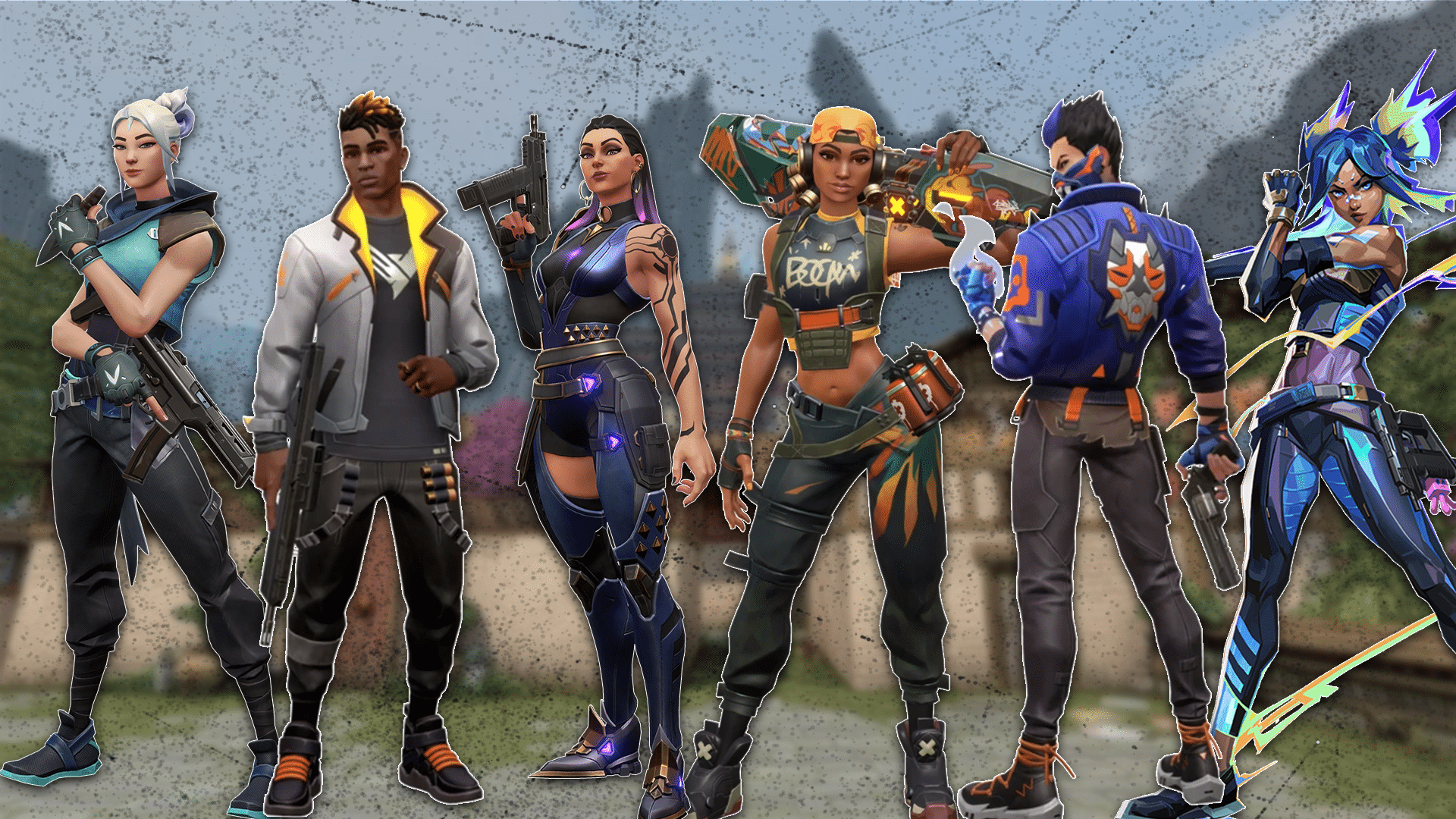

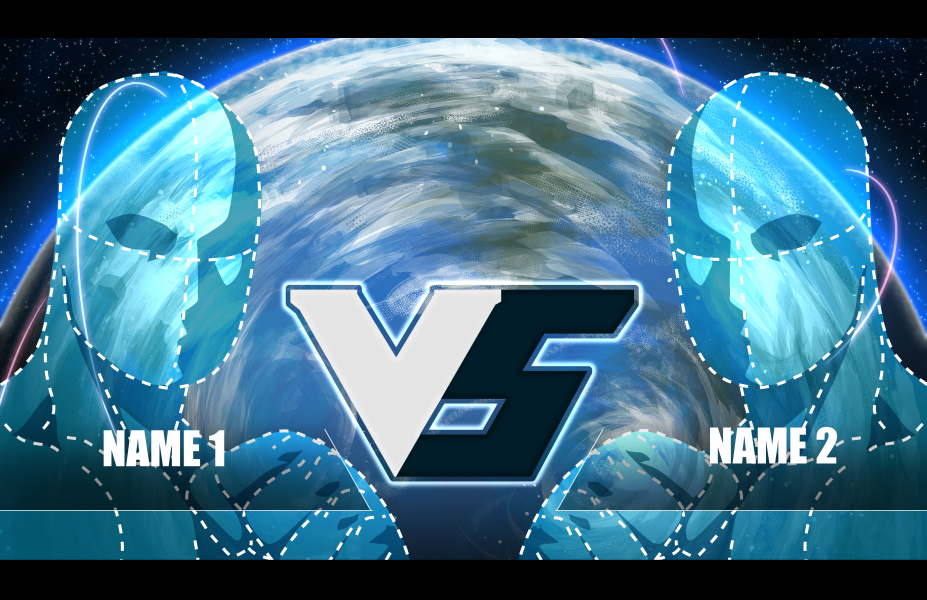






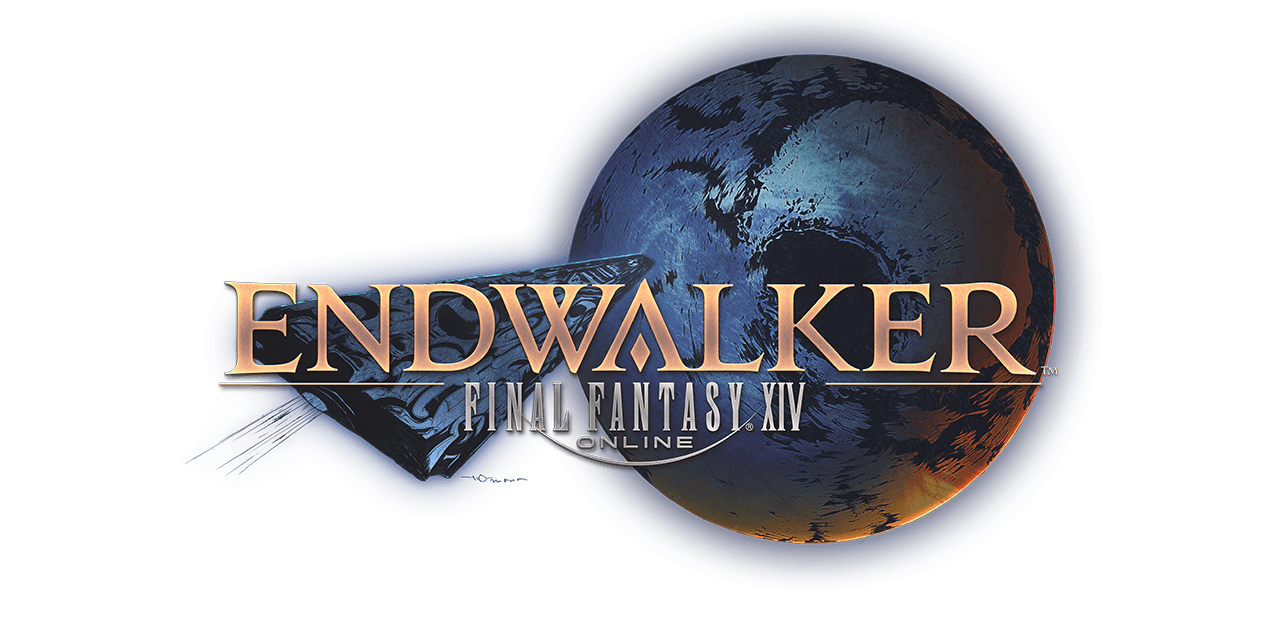




Comments